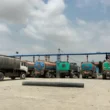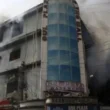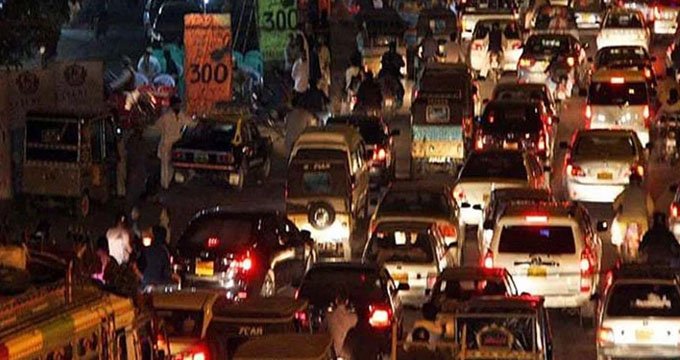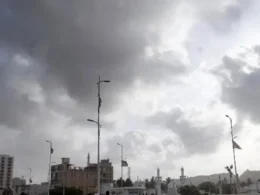The Sindh government has approved Rs2.89 billion for Karachi development projects, marking a major step in improving infrastructure and public welfare under the Karachi Development Authority’s (KDA).
The approval came during a meeting of the Sindh Cabinet’s Finance Committee, chaired by provincial ministers Nasir Hussain Shah, Ziaul Hassan Lanjar, and Saeed Ghani, according to an official statement.
Authorities said the decision to hand over key infrastructure schemes to KDA followed a proposal by the Local Government Department, citing the Karachi Metropolitan Corporation’s (KMC) limited capacity to handle additional projects.
Officials stressed that this move carries significance as several KDA-led initiatives have already experienced administrative and funding delays, causing setbacks in ongoing city infrastructure development.
The meeting also included secretaries from multiple provincial departments, who reviewed both development and non-development budget requests while discussing current financial pressures on social service programs.
READ: Karachi to get new public parks soon, check areas & tenders here
One of the key approvals included Rs299 million for the Transport Department to purchase electric bikes for women under a non-ADP (Annual Development Programme) scheme, aimed at promoting gender mobility.
Funds were also sanctioned for a water supply project in Gadap Town, Malir, to serve 35 villages through water drawn from the M-9 Superhighway, addressing persistent shortages in the region.
Additionally, Rescue 1122 personnel deployed in flood-affected areas will receive salaries funded through World Bank assistance, ensuring continuity of emergency response operations across rural Sindh.
The committee also approved cost increases for the Nawabshah–Saeedabad road project, integration of a drainage system under ADP Scheme No. 3332, and procurement of essential vaccines for the Health Department.
Other approved initiatives include projects from the Works, Culture & Tourism, Climate Change, and Coastal Development departments, each designed to improve urban resilience and community welfare.












